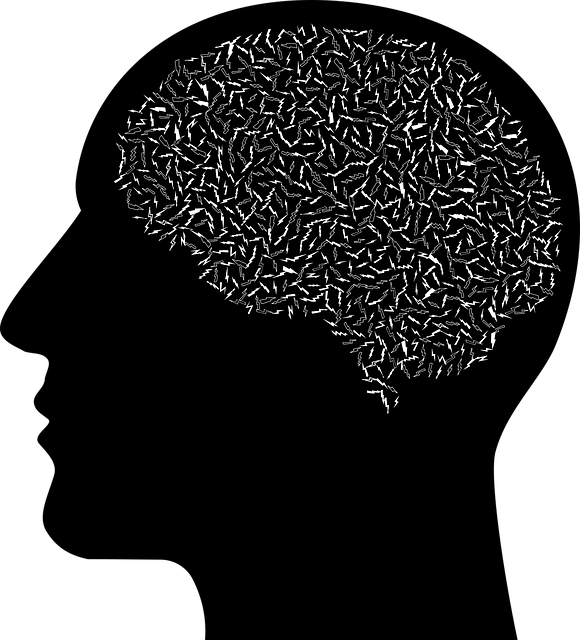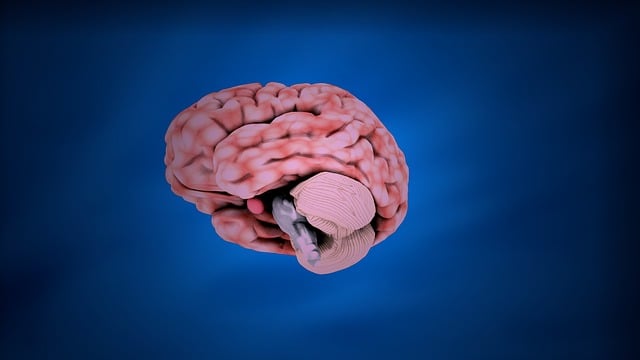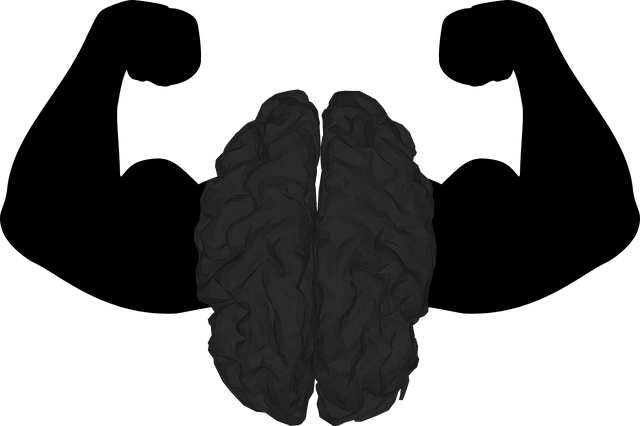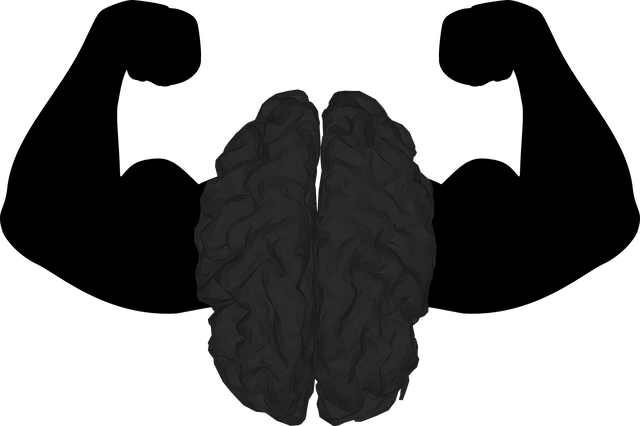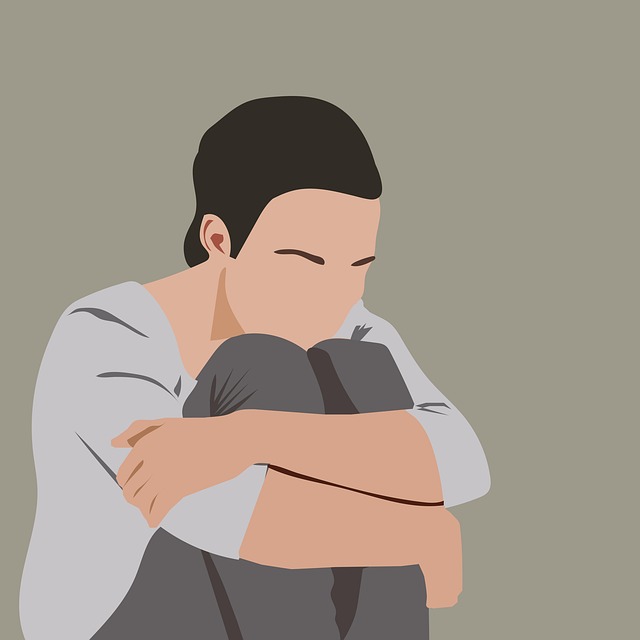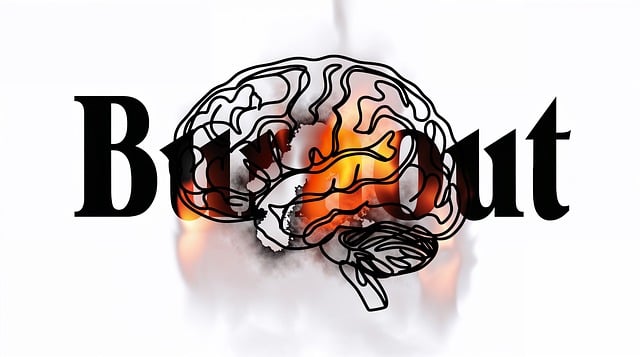Post-Traumatic Stress Disorder (PTSD) is a significant mental health concern among young adults, often stemming from traumatic experiences during adolescence. Early intervention through tailored therapy, such as Cognitive Behavioral Therapy (CBT), is key to managing PTSD symptoms and promoting resilience. Self-care practices like exercise, mindfulness, and structured sleep further aid recovery. Cultural competency training ensures sensitive care, while education and community outreach empower young adults with stress management tools. Creating supportive environments with flexible routines and comfort items facilitates healing and teaches healthy coping mechanisms to prevent comorbidities. Therapy for Young Adults Post-Traumatic Stress Disorder should focus on these comprehensive approaches for optimal mental wellness.
Stress management techniques are crucial for young adults, especially those dealing with post-traumatic stress disorder (PTSD). This article explores effective strategies to help young adults navigate and overcome PTSD, focusing on early intervention and education as key components. We delve into evidence-based therapies tailored for this demographic and emphasize the role of supportive environments in fostering healing and growth. Understanding these techniques can empower young adults to manage stress effectively, improving their overall well-being.
- Understanding Post-Traumatic Stress Disorder in Young Adults
- The Importance of Early Intervention and Education
- Effective Stress Management Techniques for Young Adults
- Creating a Supportive Environment for Healing and Growth
Understanding Post-Traumatic Stress Disorder in Young Adults

Post-Traumatic Stress Disorder (PTSD) is a common yet profound mental health condition affecting young adults, often stemming from traumatic events like accidents, violence, or natural disasters. Recognizing the signs and symptoms of PTSD in this demographic is crucial for early intervention. Young adults may present unique challenges when it comes to seeking therapy, as they navigate adulthood’s pressures while grappling with memories and emotions linked to past traumas.
Therapy plays a pivotal role in helping young adults manage PTSD. Cognitive Behavioral Therapy (CBT), for instance, has proven effective in teaching individuals coping strategies to reframe negative thoughts and behaviors. Additionally, integrating self-care routines into their lives—such as regular exercise, mindfulness practices, and structured sleep patterns—can significantly enhance their mental wellness. Public awareness campaigns and the development of tailored Mental Wellness Coaching Programs can further support young adults in understanding and overcoming PTSD, fostering a healthier and more resilient future.
The Importance of Early Intervention and Education

Early intervention is key to equipping young adults with effective stress management tools and fostering resilience. Many mental health challenges, including post-traumatic stress disorder (PTSD), can emerge during this critical period of life, often as a result of traumatic experiences or prolonged exposure to stressful situations. Providing therapy for young adults affected by PTSD or other stress-related disorders is essential to prevent long-term complications and promote healthy coping mechanisms.
Education plays a pivotal role in this process. Through structured programs and community outreach, individuals can learn valuable skills for resilience building and positive thinking. Implementing these strategies not only aids in managing immediate stress but also empowers young adults to navigate life’s challenges with greater confidence and adaptability.
Effective Stress Management Techniques for Young Adults

Young adults often face a unique set of stressors related to their transition into adulthood, higher education, and navigating career paths. Effective stress management techniques are crucial for this demographic to thrive in an increasingly demanding world. One powerful tool is therapy for young adults, particularly cognitive-behavioral therapy (CBT), which has proven effective in treating various mental health concerns, including post-traumatic stress disorder (PTSD). CBT equips individuals with strategies to challenge negative thought patterns and develop healthier coping mechanisms.
Incorporating mental wellness journaling into daily routines can be a valuable practice for young adults. Journaling provides an outlet for processing emotions, reflecting on experiences, and setting personal goals. Additionally, exercise guidance from healthcare providers can significantly reduce anxiety and promote overall well-being. Customized workout plans tailored to individual preferences and fitness levels can make exercise more enjoyable and sustainable. Encouraging cultural competency training among healthcare providers is essential, ensuring young adults receive sensitive and culturally responsive anxiety relief strategies that resonate with their diverse backgrounds.
Creating a Supportive Environment for Healing and Growth

Creating a supportive environment is pivotal for young adults dealing with post-traumatic stress disorder (PTSD) as it facilitates healing and growth. This involves fostering a safe, non-judgmental space where individuals can openly express their emotions and memories without fear of repercussions. Incorporating elements like structured yet flexible routines, comfort items, and soothing spaces can significantly enhance therapeutic processes. For instance, establishing a consistent self-care routine development for better mental health becomes easier in such an environment, promoting regular activities like meditation, exercise, or journaling that support emotional regulation.
Additionally, integrating conflict resolution techniques and learning healthy coping mechanisms within this framework is essential. By teaching young adults how to navigate interpersonal interactions with resilience and understanding, their overall well-being improves. This process not only helps in managing symptoms of PTSD but also prevents the onset of depression, a common comorbidity. Ultimately, creating such a supportive environment empowers individuals to take control of their healing journey and cultivate lasting coping strategies for optimal mental health.
Stress management techniques are invaluable tools for young adults dealing with post-traumatic stress disorder (PTSD). Early intervention and education play a pivotal role in empowering individuals to take control of their mental health. By integrating evidence-based practices, such as cognitive-behavioral therapy, mindfulness exercises, and supportive environments, we can effectively support young adults in their healing journey. These strategies not only help manage symptoms but also foster growth and resilience, ultimately enhancing their overall well-being and quality of life.

